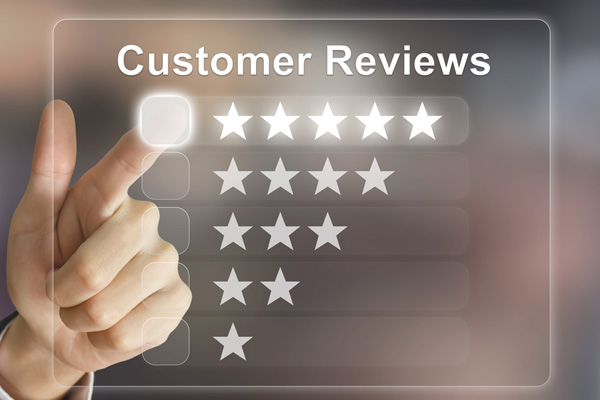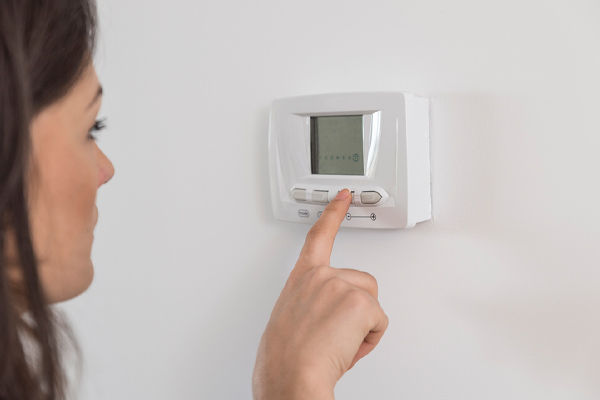
If you take a quick look at your thermostat, you’ll probably find a few settings that you’re unfamiliar with. For instance, you may find heating settings for emergency heat and auxiliary heat. These are settings that many homeowners have encountered and used at some point in time, but they’re still unfamiliar with them. Let’s take a close look at auxiliary heat vs emergency heat settings on a heat pump.
Emergency Heat vs. Auxiliary Heat on Your Heat Pump
Manufacturers place the “emergency” and “auxiliary” labels on their heat pumps. Both of these are settings that are designed to provide additional heat. Thus, they are basically the same in this sense.
A heat pump has an outside unit or heat pump and an inside unit or an auxiliary heating system. When the weather is relatively warm, a heat pump is able to extract enough heat from indoors to keep inside temperatures at a comfortable level during the cooling cycle. However, when the temperatures dip down to freezing levels, and when the cycle is essentially revered, this unit won’t be able to create indoor warmth in the same fashion. This is when the auxiliary heating system is needed. Conversely, the setting for emergency heat is actually a manual function that you’d use whenever your heat pump is having a problem.
What Auxiliary Heat Is On A Heat Pump
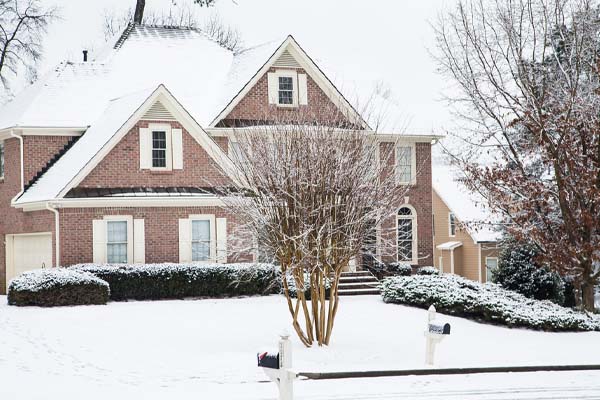
Auxiliary heat is the setting that gets automatically activated when there isn’t enough heat outdoors to keep indoor temperatures suitably warm. When this mode is used, your heat pump will continually draw in as much heat as possible while additionally extracting heat from a second heat source to arrive at the desired temperature. This is accomplished through electric heating coils that are built directly into the heat pump.
When the auxiliary heat setting is in use, the system builds up to warm the air up inside. If outside temperatures start to rise, the secondary heat source will no longer be used. Once this happens, the auxiliary heat setting is automatically toggled by the heat pump.
What Emergency Heat Is On A Heat Pump
The heat pump emergency heat setting is only for emergencies. This is the setting that you will need to manually turn on if a system malfunction ever occurs. When these systems malfunction, most homeowners don’t have the opportunity to contact HVAC companies for repairs because they still need this equipment to continue producing heat. While waiting for technicians to arrive, it’s possible to make up for heat deficiencies using the emergency setting. This setting toggles over to the system’s secondary heat source so that the heat pump keeps working and can maintain an acceptable temperature indoors.
Using Emergency or Auxiliary Heat When Using Your Heat Pump
Auxiliary heat mode functions as a back-up to your heat pump in the event that the thermostat registers a difference of three degrees or greater between the temperature that you’ve set and the actual temperature of the building interior. This is the point at which indoor conditions become uncomfortable given that the temperature isn’t where you want it to be. The heat pump is triggered by the auxiliary function to produce additional heat. Conversely, you should manually activate the emergency heat setting when troubles arise with heat pump functioning. This function has to be turned off manually once your HVAC technician arrives to perform the needed repairs.
When Your Heat Pump Is Unable to Produce Sufficient Heat

There may come a time when your heat pump simply isn’t able to create enough heat to keep your living environment warm. This might be the case if the heat pump is able to reach the temperature you’ve set. Additional energy can be obtained through auxiliary functioning to make up for the difference. When the auxiliary heat setting is on, the heat pump’s electric resistance heating is activated.
Your Heat Pump Is in “Defrost Mode”
When outside temperatures are especially low, you may notice ice building up on the outside component of your heat pump. At this time, your system will turn to “defrost mode” to melt this ice away. When the weather is freezing, the hot refrigerant will be pushed to the outdoor component by the heat pump until all of the ice is gone. When heat pumps are in “defrost mode”, they are not actively heating the house and auxiliary functioning takes over to keep the living environment warm.
How to Know Whether Your Heat Pump Is in “Defrost Mode”
If your heat pump has entered into “defrost mode”, this unit will:
- produce steam or water at the outdoor component
- the fan on the outdoor unit won’t run
- the blinking light indicator will turn on – although this feature is only offered on specific heat pump models
How to Keep Auxiliary Heat From Turning On

The major issue with auxiliary heat is that when the outside temperatures are incredibly low, a heat pump has to work at maximum capacity to generate an adequate amount of heat. This is something that you definitely don’t want to have to happen. Potential problems caused by this type of operation can be avoided by simply implementing a few household changes to keep auxiliary mode from ever engaging. Here are a few things you can do:
Reduce the Heat Pump Temperature Setting
More often than not, if you set the indoor temperature too high, the auxiliary heat mode will kick into action to make up for the heat that the heat pump is unable to generate. This places a lot of unnecessary strain on your HVAC equipment. Try setting your temperature between 62 and 68 degrees at the highest. This will create a warm living environment while allowing your heat pump to enjoy continuously even functioning.
Create a More Comfortable Home

Help your heating system out by making your home interior warmer during winter. During the day, keep your window treatments open so that natural light can flow in. Keep the doors and windows closed and locked. You can also wear warmer clothes during the cold season as opposed to cranking your heat up high.
Shut Rooms That Aren’t in Use
If you have the ability to turn your heating system off in certain zones or rooms, such as with ductless heat pumps, go ahead and use this function. For instance, if there are any areas of the home that you aren’t using, shut the heat off to these spaces. This way, your zoned heat pump can warm up the portion of the home that’s actually occupied. The spaces you use will stay comfortable and warm.
The Auxiliary Heat Setting Is on All of the Time
During the middle of winter, your thermostat could stay on the auxiliary setting for extended periods of time. This is probably because your HVAC equipment is unable to generate sufficient heat for meeting household demand. If this is true, contact an HVAC contractor right away to have your heat pump checked out. It may be that you have a system problem or you have the wrong capacity or wrong size heat pump.
Set Up Annual Tune-Ups for Your Heat Pump
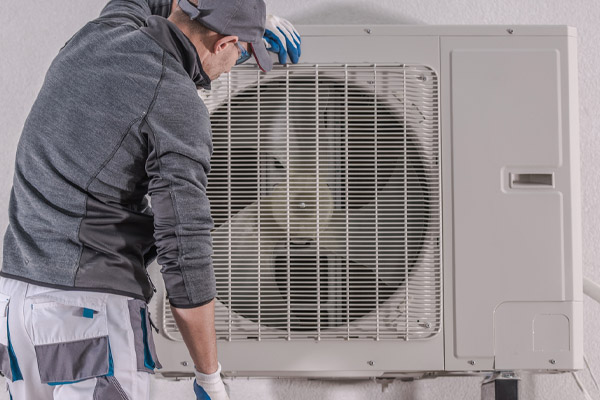
Don’t skip annual HVAC maintenance and tune-ups. Systems that are well-maintained will have longer lifespans and offer a greater level of reliability. You should ideally schedule this inspection right before winter starts so small problems can be repaired and damaged or worn components can be replaced. This is also a great time to have the system cleaned and serviced and have air filter replacements performed. If any repair work is needed, take care of it before winter starts. The same is also true before summer for heat pumps that are used for cooling.
Conclusion
Your heat pump will work at peak levels throughout the winter months. Even though this equipment is built with capabilities and features that will keep it reliable during times of extreme weather, it isn’t going to perform its best when subjected to extreme stress. The tips shared above should be sufficient for keeping your heat pump ready for the high-demand season.
Call Point Bay Fuel For All Of Your HVAC Requirements

Point Bay Fuel provides top-quality heating and cooling services in Ocean and Monmouth County, New Jersey. Our company has highly trained and the best professionally certified technicians for all your HVAC service needs, including boiler tune-ups, air conditioner repairs, furnace installations, and more. All our techs are knowledgeable, skilled, and experienced in working on any HVAC system correctly.
Rest assured, we have the most competitive HVAC service prices in the area. Our maintenance services can enhance comfort and energy efficiency while reducing your energy bills. When you need to replace or repair your HVAC system, we can recommend the best solutions that fit your home and budget. All our work comes with a guarantee. Book a service appointment by calling Point Bay Fuel today. We offer in-home estimates.
Contact us now by calling (732) 349-5059 to speak to one of our home comfort specialists!
The post Understanding The Emergency And Auxiliary Heat Settings On Your Heat Pump appeared first on Point Bay Fuel.
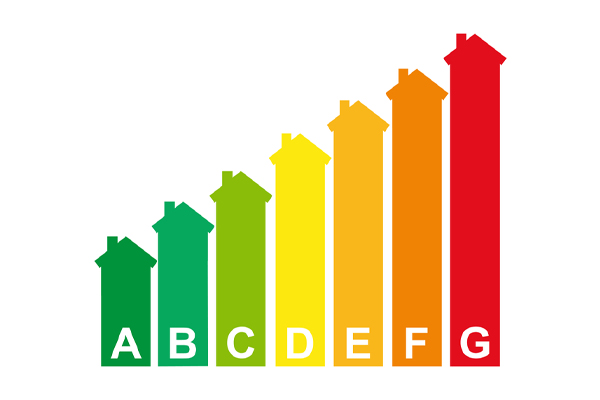
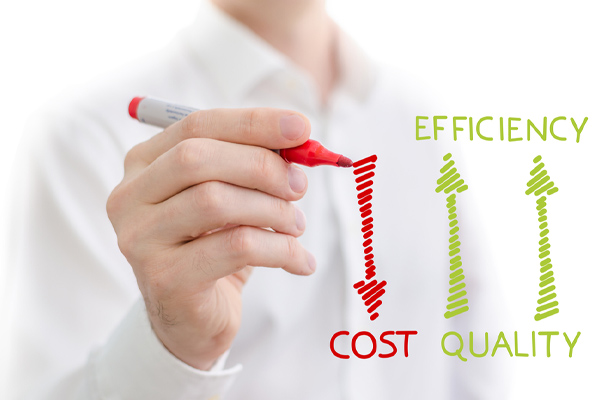

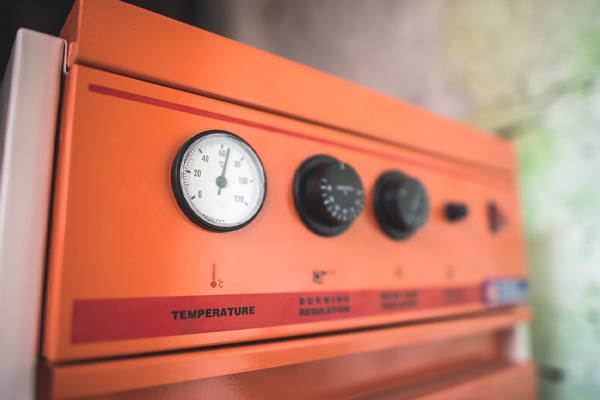

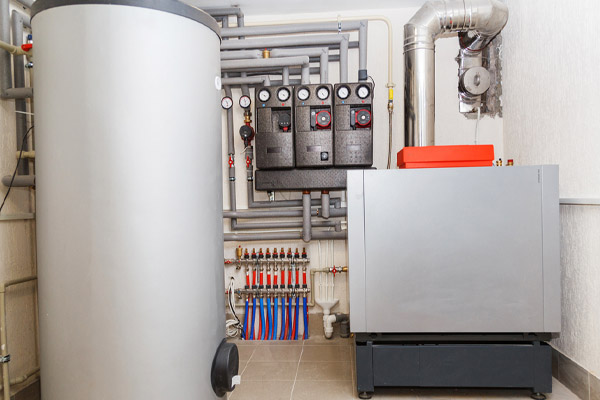
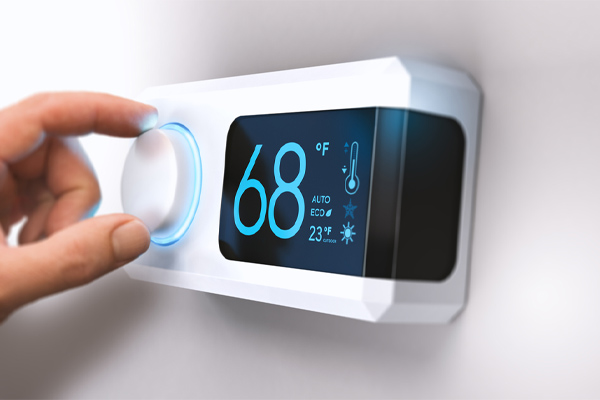
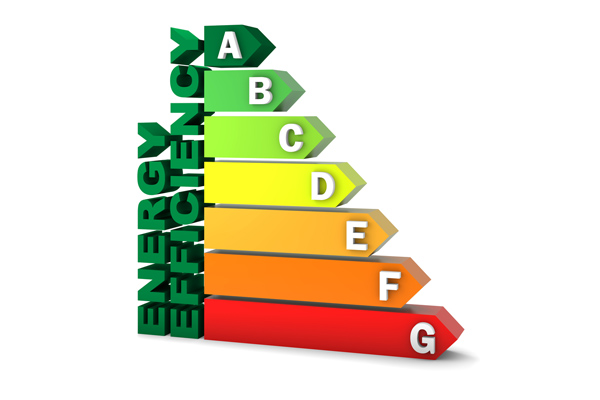
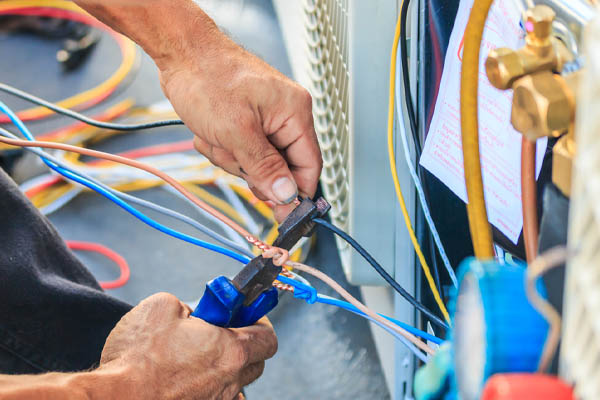
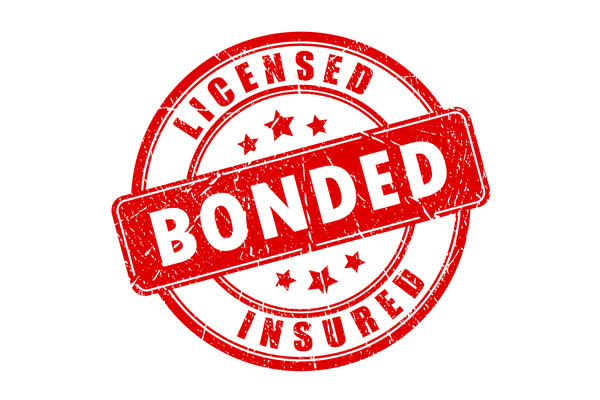 Most state and local authorities require HVAC companies to have a license in order to practice by law. In addition, each jurisdiction has its own licensing criteria. It requires contractors to prove their technical competence with regard to HVAC equipment installation. For instance, contractors in some areas are required to have at least 2 years of experience in the installation and
Most state and local authorities require HVAC companies to have a license in order to practice by law. In addition, each jurisdiction has its own licensing criteria. It requires contractors to prove their technical competence with regard to HVAC equipment installation. For instance, contractors in some areas are required to have at least 2 years of experience in the installation and 